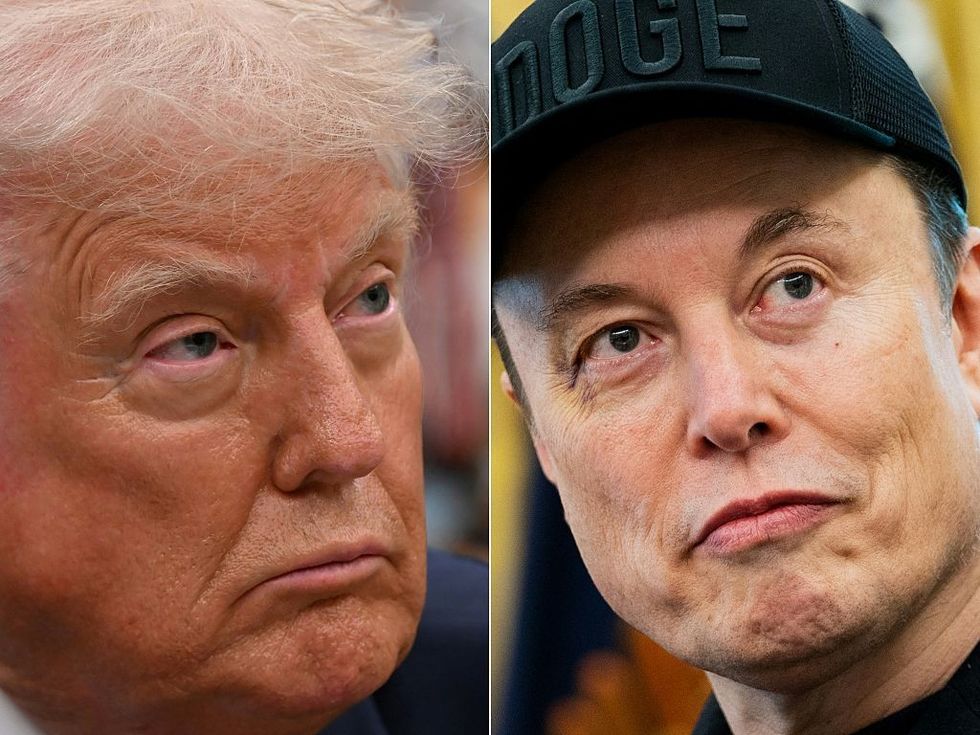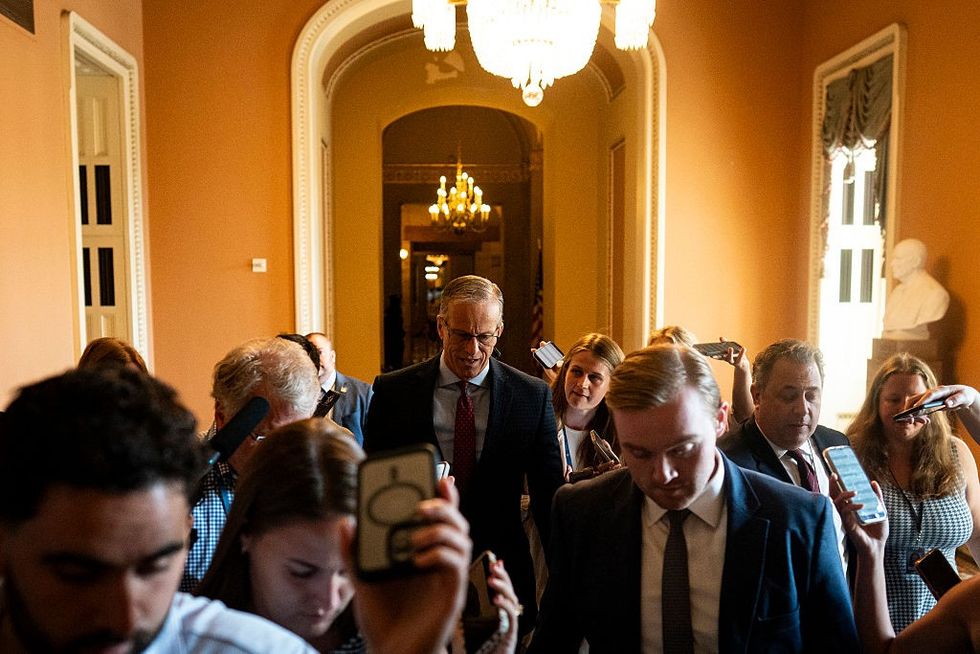IF the UK goes to snap election tomorrow, the country’s British Indians could prove to be an important group of swing voters, a new report has said, explaining that around four in 10 community members identify with the Labour Party while three in 10 supporting the ruling Conservatives.
The report, named Britain’s New Swing Voters? A Survey of British Indian Attitudes, has been collaboratively made by the Carnegie Endowment for International Peace and Johns Hopkins University School of Advanced International Studies.
The study analysed a new, nationally representative online survey of nearly 800 British Indian eligible voters of the Survey of British Indian Attitudes conducted between July 30 and August 16 this year.
The report, which has been co-authored by Caroline Duckworth and Milan Vaishnav of Carnegie Endowment for International Peace and Devesh Kapur (Johns Hopkins School of Advanced International Studies), said last month that while the British Indians still demonstrate a modest preference for the Labour, the party no more has the same advantage it enjoyed historically.
It said while four in 10 British Indians identify with Labour, three in 10 back the Conservative and around one in 10 supports other smaller parties, related evidence suggests that there is a clear slide in the community’s support for the Labour Party.
“If a snap election were held tomorrow, British Indians could be important swing voters,” it said.
The report said among British Indians, the Labour enjoys a 10-percentage point advantage over the Conservatives in a hypothetical general election but a significant minority of around 15 per cent is not decided.
Even though the Labour has lost ground over the last 10 years, the Conservatives have not been the automatic beneficiaries. Data suggest that while support for the Conservative Party has plateaued and a growing number of respondents back third parties or have not decided on it, the report said.
"While the Tories have much to cheer, Labour’s decline has not automatically translated into gains for the Conservatives. Indeed, evidence from the British Election Study (BES) suggests that British Indian support for the Conservatives has plateaued. Instead of joining the Tories, a rising share of respondents support other parties or identify as “undecided”. Nevertheless, Labour’s losses among the Indian diaspora are real and unique among south Asian minority communities: BES data do not suggest a corresponding decline in Bangladeshi or Pakistani support for Labour," Kapur said in an opinion piece he wrote for The Guardian.
The report also said that most of Muslim and Sikh respondents and a plurality of those who have no religious affiliation would support the Labour Party in case of a snap election. However, a plurality of Christian and Hindus reports a preference for the Conservative Party, even if by a smaller margin.
The British Indians have not been too impressed by the leadership of UK prime minister Boris Johnson with only 37 per cent approving of his performance.
In case of a hypothetical general election, Labour leader Keir Starmer is the most popular prime ministerial face while chancellor of the exchequer Rishi Sunak follows him closely. The popularity of Sunak, a British Indian, outshines that of Johnson or fellow British Indian cabinet minister Priti Patel, the report added.
When it comes to the performance of Indian prime minister Narendra Modi, the Conservative Party and Hindus are the most upbeat, the report added.
“When it comes to foreign policy, few British Indians rate UK-India relations as a top political issue. Most do not have strong views on the Johnson government’s India policy, and do not perceive any party with an advantage in the stewardship of the UK-India relationship,” the report said.


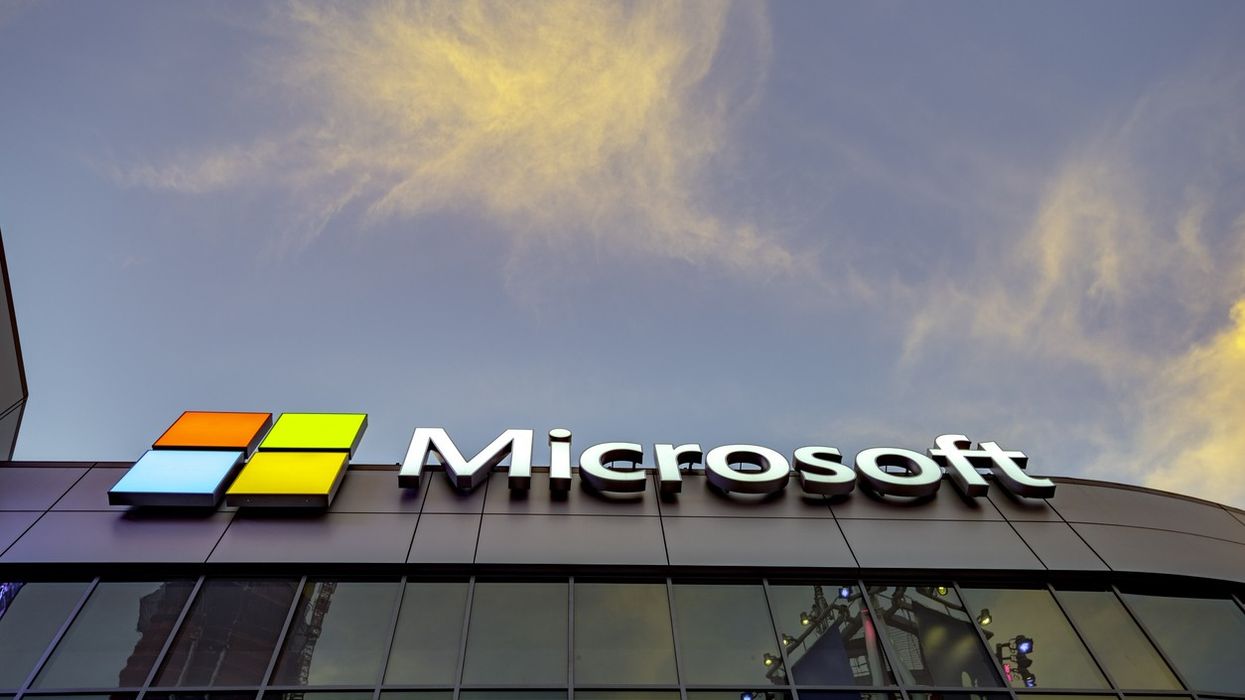

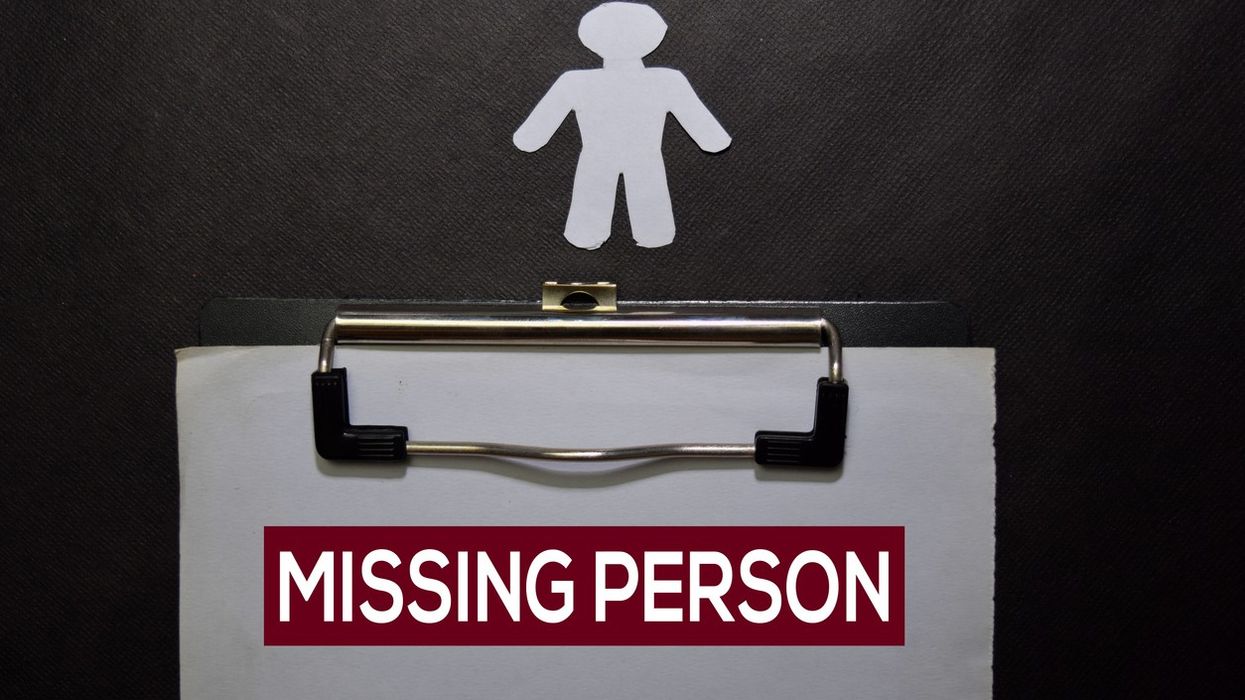

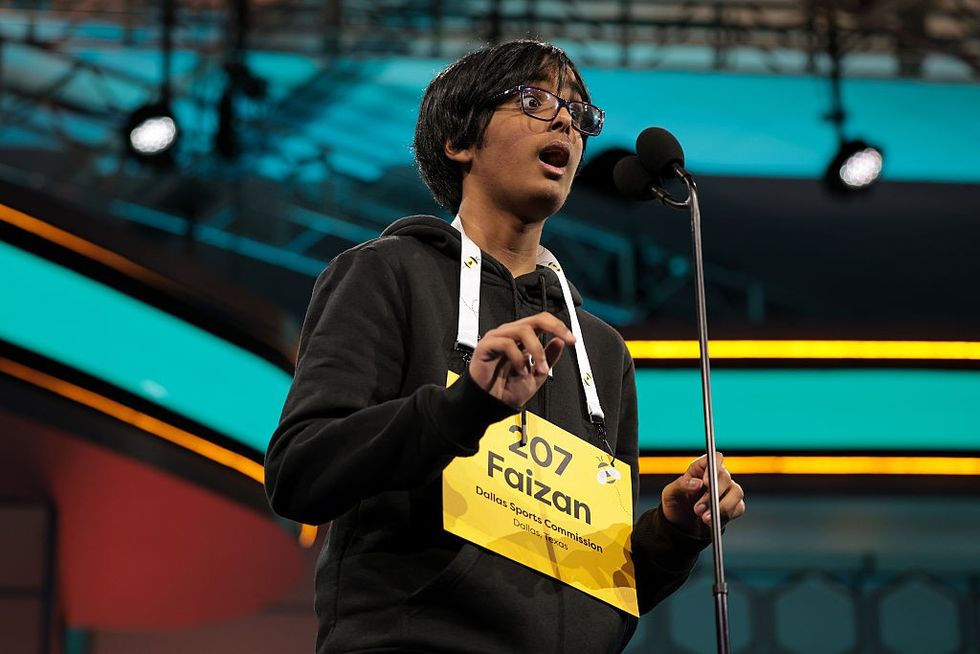
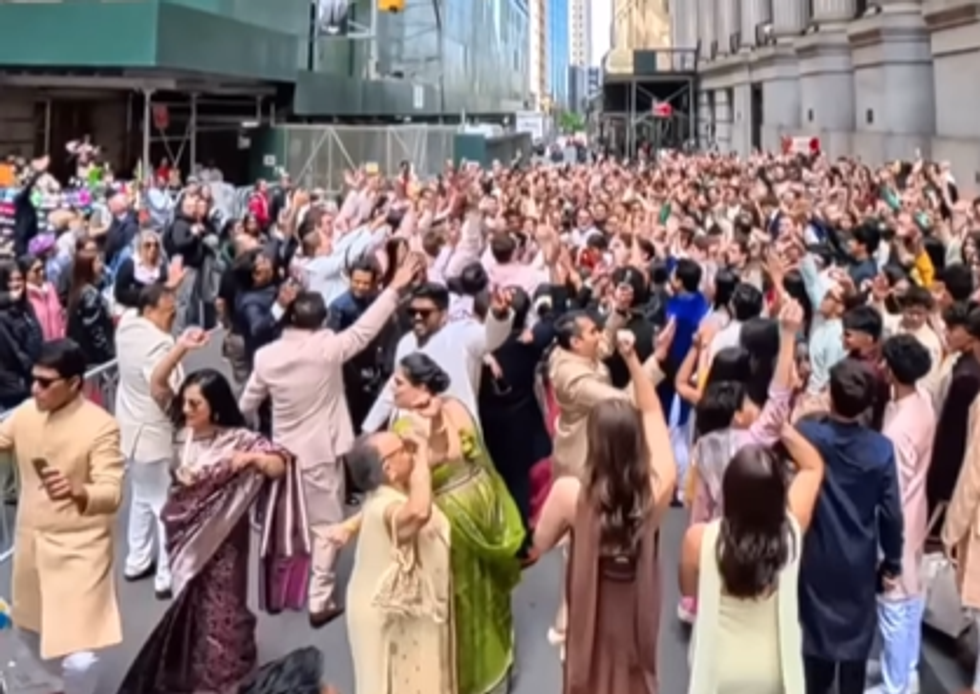

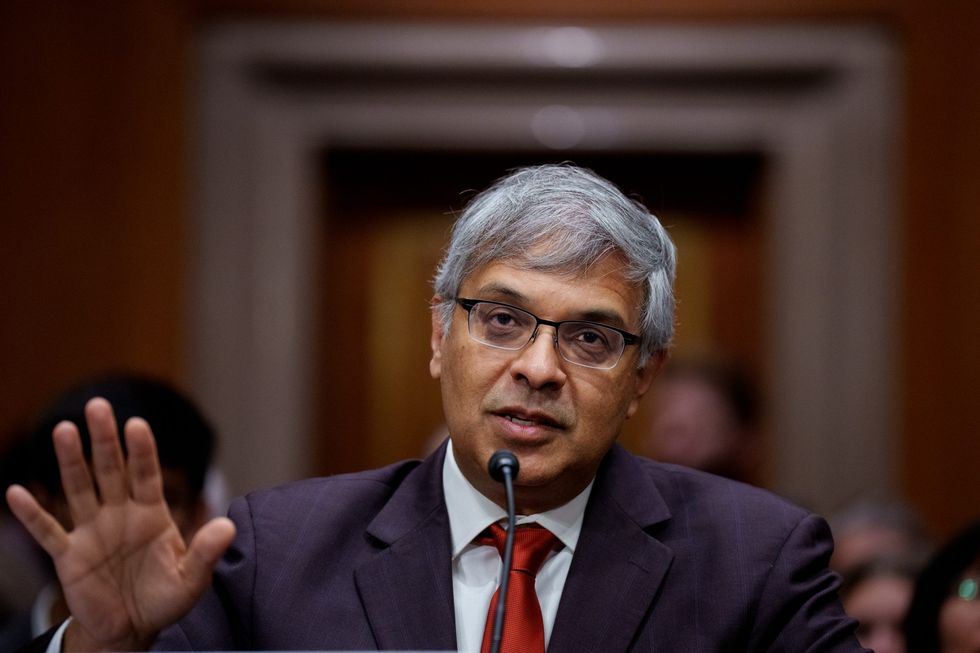
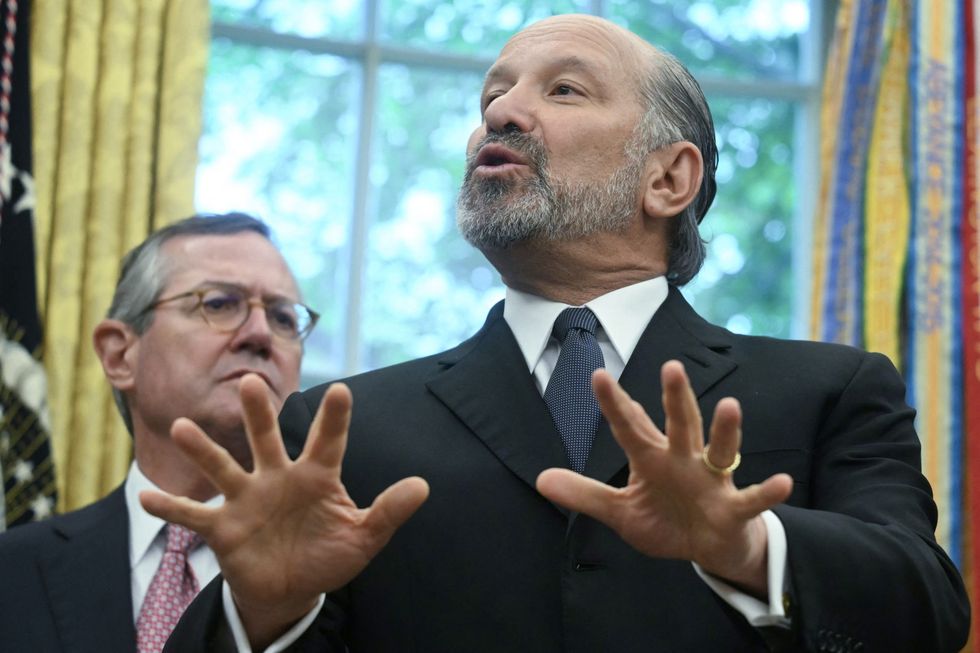
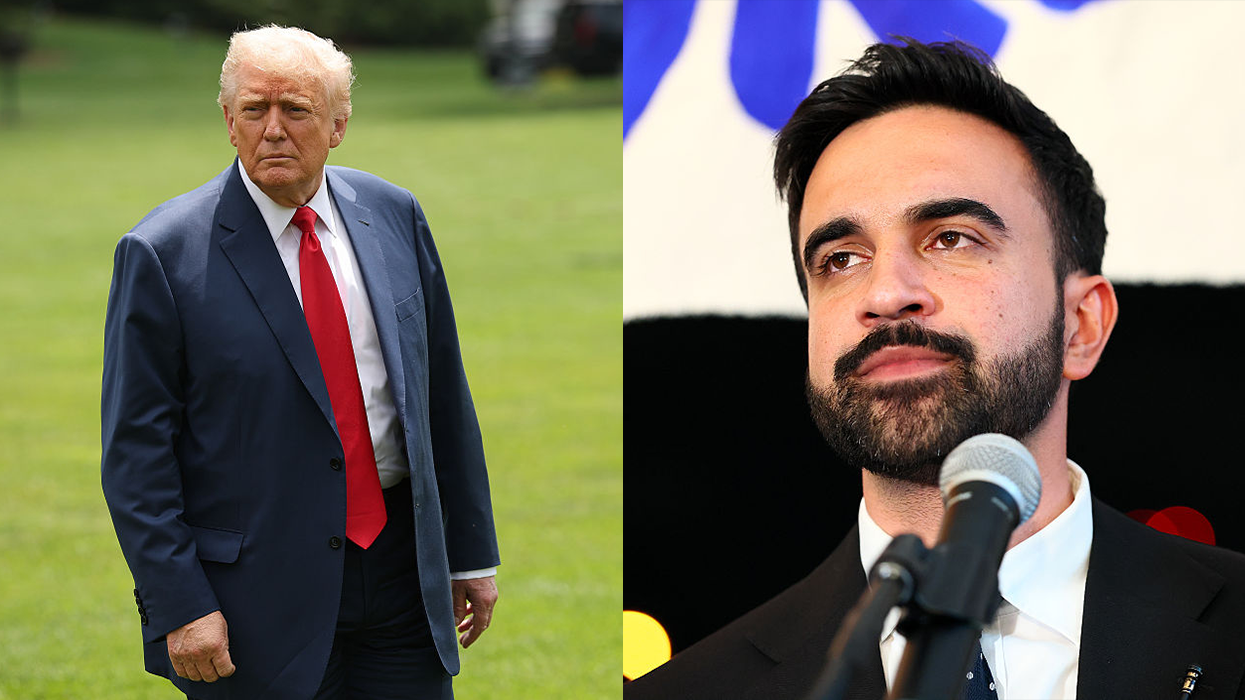

 NASA’s Astronaut Class 23 with Anil Menon shows patch features a fly-shaped design symbolizing the class nickname, “The Flies,” with twelve stars for each candidate. The UAE and US flags highlight international collaboration, while the astronaut figure reflects their commitment to NASA’s return to the Moon and future Mars missions. (Photo credit: @astro_anil)
NASA’s Astronaut Class 23 with Anil Menon shows patch features a fly-shaped design symbolizing the class nickname, “The Flies,” with twelve stars for each candidate. The UAE and US flags highlight international collaboration, while the astronaut figure reflects their commitment to NASA’s return to the Moon and future Mars missions. (Photo credit: @astro_anil)